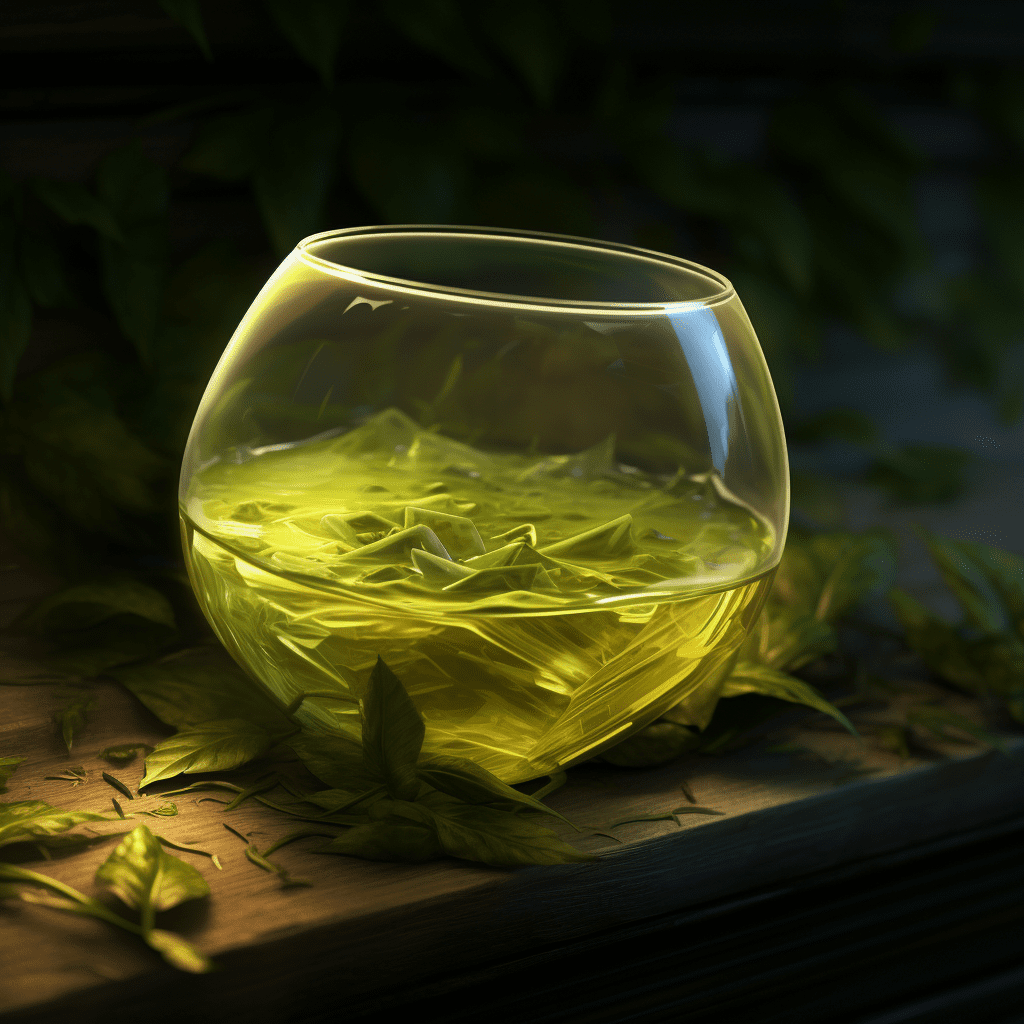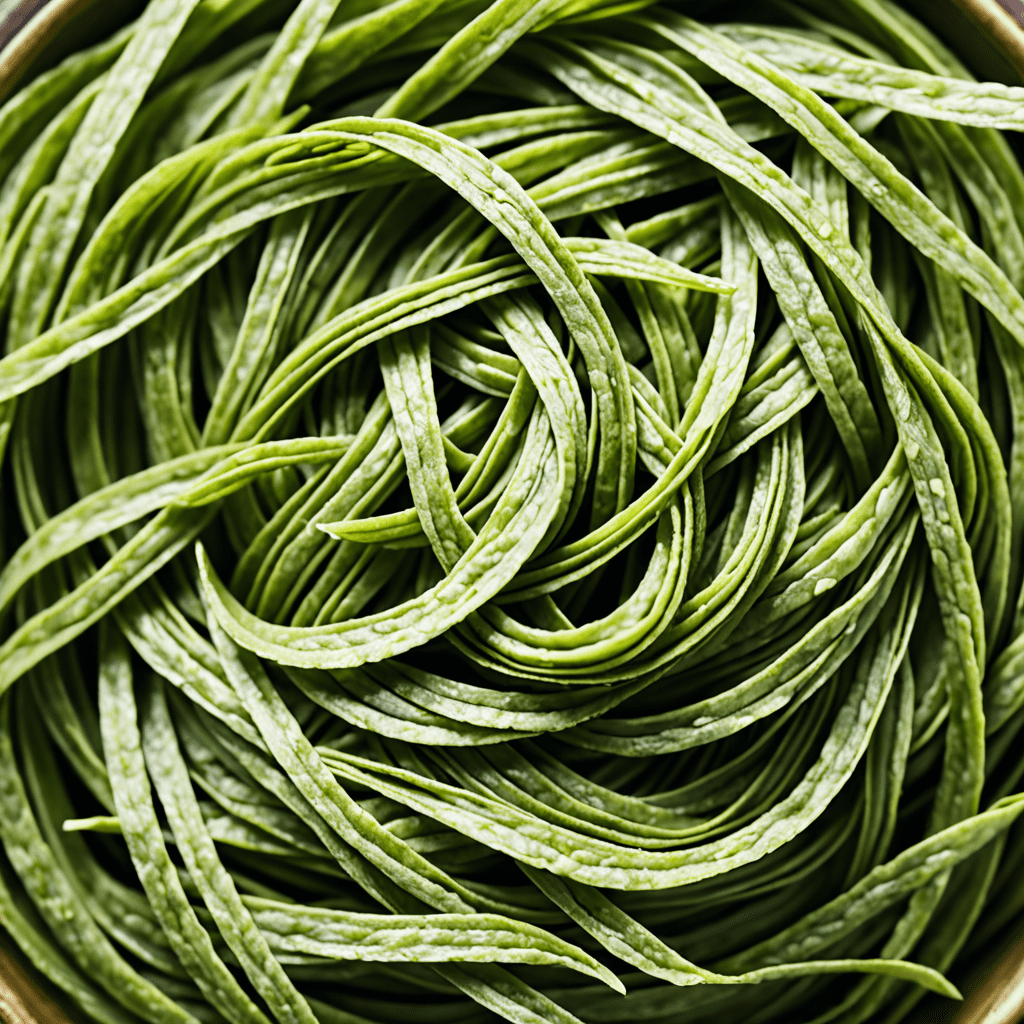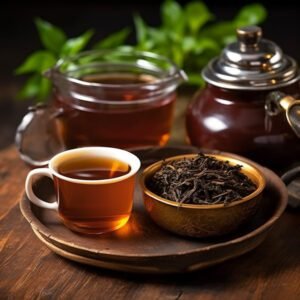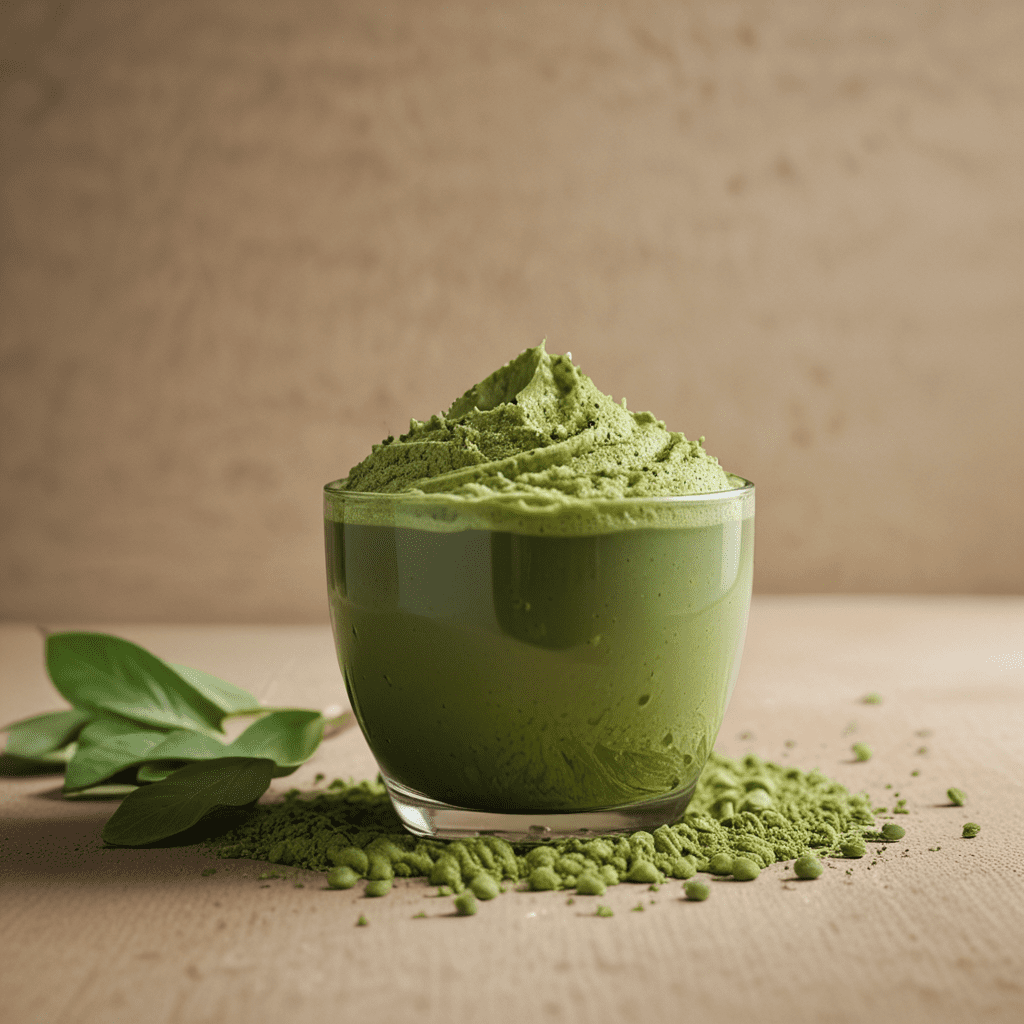
Why Is My Green Tea Bitter?
Green tea is a popular beverage known for its numerous health benefits and soothing properties. However, many tea enthusiasts have experienced the frustration of brewing a cup of green tea only to find it bitter in taste. To understand why this happens, let’s delve into some possible reasons behind the bitterness and how to prevent it.
1. Steeping Time and Temperature
One of the primary factors that can contribute to the bitterness of green tea is the steeping time and temperature. Brewing green tea with excessively hot water or steeping it for too long can lead to the release of tannins, which are responsible for the bitter taste. To avoid this, it’s important to steep green tea at the right temperature (around 170-180°F or 76-82°C) and for an appropriate amount of time (usually 2-3 minutes).
2. Poor-Quality Tea Leaves
The quality of the green tea leaves can greatly affect its taste. Using low-quality or old tea leaves can result in a bitter brew. It’s essential to choose fresh, high-quality green tea leaves for the best flavor. Look for tea leaves that have been stored properly and opt for reputable tea vendors to ensure a better brewing experience.
3. Water Quality
The type and quality of water used for brewing green tea can impact its taste. Hard water, which contains higher mineral content, can intensify bitterness in the tea. On the other hand, using filtered or soft water can help mitigate any potential bitterness. Additionally, water that is too hot can extract unwanted compounds, leading to a bitter taste. Opt for fresh, filtered water heated to the appropriate temperature for the best results.
4. Over-Brewing
Over-brewing green tea is a common mistake that can result in a bitter cup. Leaving the tea leaves in hot water for too long leads to the extraction of more tannins, resulting in an astringent and bitter taste. Adhering to the recommended steeping time is crucial to avoid over-brewing and ensure a smoother, more enjoyable flavor.
5. Incorrect Tea-to-Water Ratio
Achieving the right balance between the amount of tea leaves and water is vital for a well-balanced cup of green tea. Using too many tea leaves can result in a more concentrated brew that may turn bitter. Conversely, using too few leaves may lead to a weak and insipid flavor. Experiment with different ratios until you find the perfect balance to suit your taste preferences.
6. Storing Green Tea Improperly
Proper storage plays a crucial role in maintaining the freshness and flavor of green tea. Exposure to light, air, heat, and moisture can accelerate the deterioration process, resulting in a bitter taste. To preserve the quality of green tea, store it in an airtight container, away from direct sunlight, in a cool and dry place.
FAQs (Frequently Asked Questions)
Q: Can I reduce the bitterness of green tea after brewing it?
A: Yes, there are a few methods you can try. You can add a pinch of salt or a small amount of honey to counterbalance the bitterness. Another option is to dilute the tea with a bit of hot water to mellow out the flavor.
Q: Are all varieties of green tea bitter?
A: Not all varieties of green tea are bitter. Some have a naturally sweeter and milder flavor profile, such as Gyokuro or Dragon Well. However, bitterness can differ based on personal preference and brewing techniques.
Q: Can I reuse tea leaves that have already produced a bitter batch?
A: It is not recommended to reuse tea leaves that have already been brewed to the point of bitterness. The subsequent cups may retain the bitter taste and lack the desired flavors.
Q: Could bitterness in green tea indicate that it has gone bad?
A: Bitterness in green tea is more likely due to the brewing process rather than the tea going bad. However, if the tea has been stored improperly for an extended period, it may lose its freshness and develop an off-flavor.
Q: Are there any health benefits to drinking bitter green tea?
A: While bitterness in green tea may not be desirable for everyone, it’s worth noting that some of the beneficial compounds responsible for its health benefits are associated with a slightly bitter taste. Consuming bitter green tea in moderation can still provide antioxidant and other health-boosting effects.
In conclusion, understanding why green tea can turn bitter can help you adjust your brewing methods and enjoy a more pleasant cup of tea. Pay attention to factors such as steeping time and temperature, tea quality, water quality, brewing ratios, and proper storage to minimize bitterness and enhance the overall flavor of your green tea. Experimentation and finding the right balance will ultimately lead to a personalized and enjoyable tea experience.


